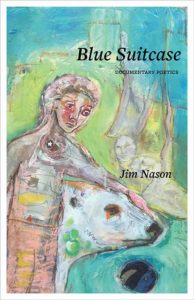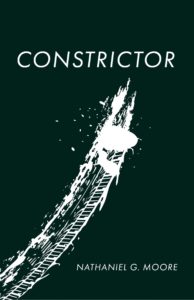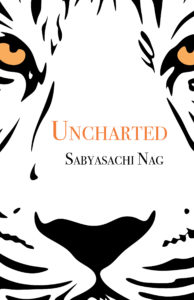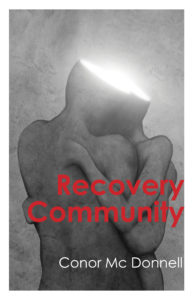T his past October I had the pleasure of participating in Margaret Christakos’s Influency class at the University of Toronto, an ongoing forum where poets lecture on each other’s work and interact with the students (Margaret actually has groupies for this — devoted students who have taken the class in each of its seven annual installments). During the question period after I read, I found myself briefly defending my use of humour in poetry (I use humour to break up the bleak or overtly intellectual nature of my poems). While I found it odd that someone would specifically ask about the use of humour in my work, it got me thinking about the fate of light verse in general. — Collapse
Over the summer, I purchased a bookcase (a constant need around my house) at my local Goodwill and as I was carrying it five blocks home I passed one of the many junkshops on St. Clair Avenue. In amongst the ceramic jugs, boxes of old silverware, figurines of matadors, muses and Moses, comic books, REO Speedwagon records and other deleterious material outside, I spotted from the corner of my eye a book title: Poems in Praise of Practically Nothing. That was enough to stop my labours right there. I forked over a loonie and tossed the book on the shelf and completed my journey home. The book is by one Samuel Hoffenstein (1890-1947), a screenwriter who worked on Dr. Jekyll and Mr. Hyde, The Wizard of Oz, Enchanted April and Give My Regards to Broadway, among other films. Covered with laudatory comments from H. L. Mencken and Dorothy Parker, this hardback was released in 1941 but copyrighted in 1928, a 15th printing. I consider myself to be a person with a better than average grasp of 20th-century poetry, yet I’d never heard of this book, a poetry collection that went to at least 15 printings! The poems in this 220-page volume are in rhyme and meter and largely satirical or comical, which is likely the main reason why they’ve fallen into obscurity.
Generally, what is called light verse is not seen as deep by most poetry readers. I can’t think of a critic anywhere who would argue that Ogden Nash, Edward Lear, Richard Wilbur, Wendy Cope or Christian Morgenstern are as important to the last hundred years of poetry as T. S. Eliot, Ezra Pound, W. H. Auden or William Carlos Williams. Shakespeare’s comedies are rarely given the critical attention paid to his tragedies. Hell, even the Oscars reward drama over comedy every time, even though most actors claim comedy is harder to do.
This is a shame. Certainly in Canada, we are pretty shy on humorous poets: Irving Layton sometimes tried to be funny (or at least clever) and inevitably failed, Margaret Atwood is venomously serious and Michael Ondaatje her straight man, Anne Michaels is just plain dour and Anne Carson, Margaret Avison, Louis Dudek, Lorna Crozier and P. K. Page seem to have had their funny bones surgically removed. I doubt Carmine Starnino ever had a funny bone to begin with, as either poet or critic. Al Purdy had moments of humour (especially his hilarious “Attempt”), but they are few and far between. And yet we have a professional comedian, John Wing Jr., who has published several collections of bitterly funny poems in relative obscurity.
But the humorous poets mentioned above have just as much, if not more, to tell us about human nature as the deathly serious Robert Lowell. By focusing on mankind’s foibles and follies, on our pretensions and our failures, they are closer to expressing most people’s thoughts and experiences than the terminally suicidal Sylvia Plath. Myself, I write a great deal of light verse, mostly occasional poems for friends, that I never think of publishing. Perhaps I have the same problem. I suppose we just don’t take light verse at all seriously.
Christopher Doda is the author of Aesthetics Lessons and Among Ruins.




























